
Researcher: Horse Sports Risk Losing ‘Social License’
Smartphones and social media make sharing negative moments with horses—in context or not—easy. How the general public responds can have a lasting impact on the equine industry.

Smartphones and social media make sharing negative moments with horses—in context or not—easy. How the general public responds can have a lasting impact on the equine industry.

Daylight cycles influence physiology and behavior rhythms. And, as an Irish researcher recently reported, understanding how horses respond to these cycles can help you better manage your animals.

International Society for Equitation Science conference attendees learned about practical applications of scientific studies and discovered new theories about horse welfare and behavior.

How do you deal with negative trailer behaviors such as kicking and pawing while on the road? An equine behavior expert shares advice.

Dr. Camie Heleski describes learning theory to help horse people and vets more safely and humanely interact with horses.
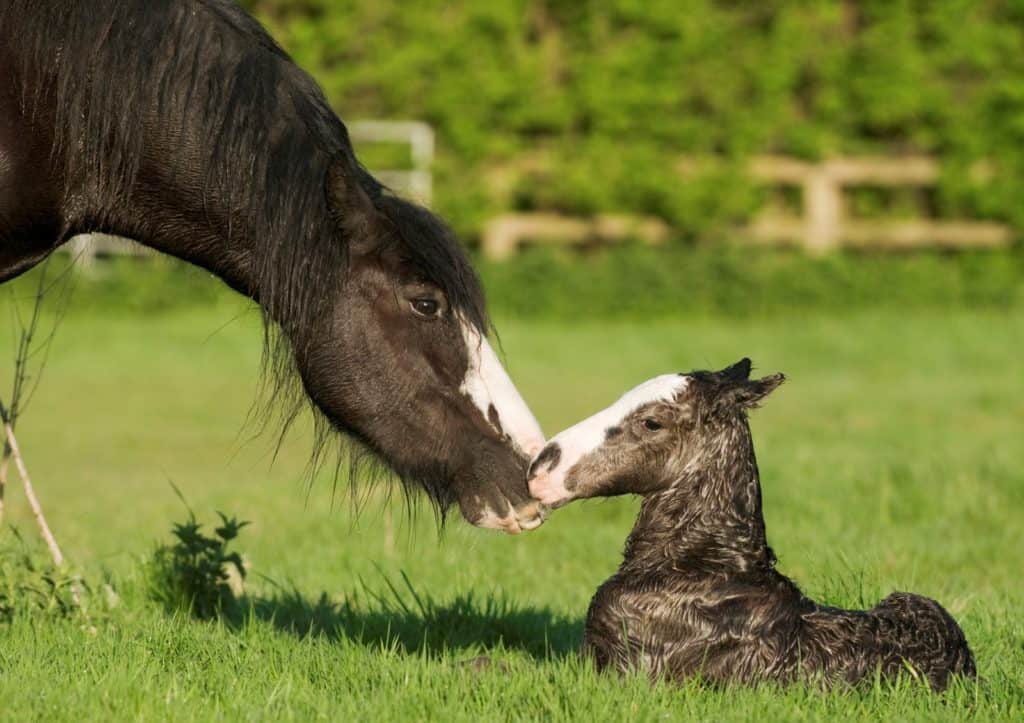
Why would a mare prefer to foal in a field versus in a foaling stall or in the barn?
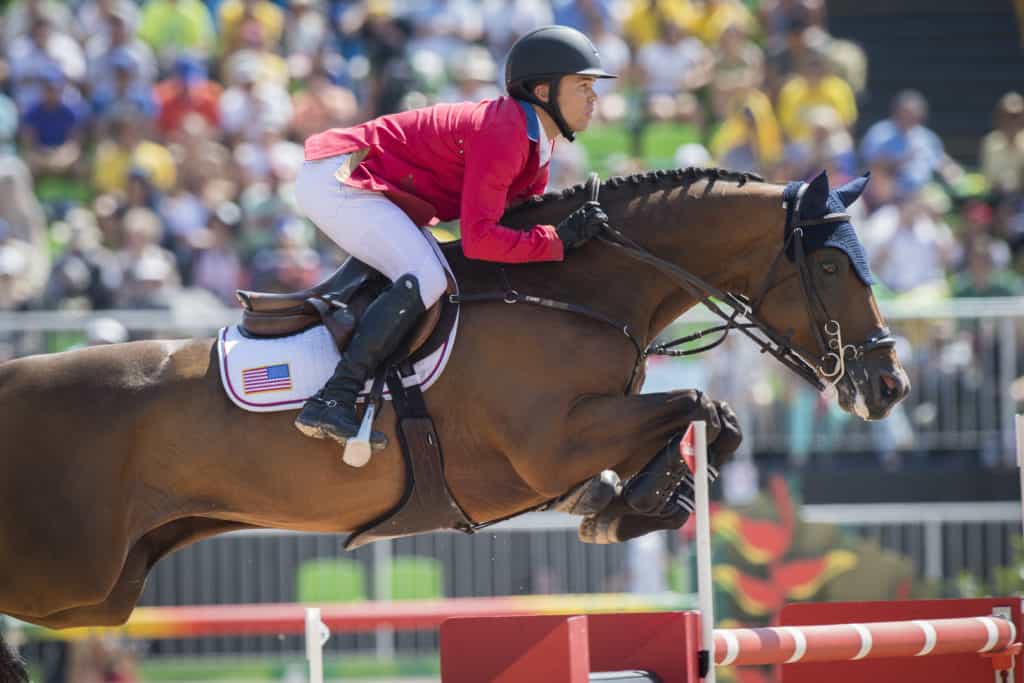
U.S. Olympic show jumper Kent Farrington discusses horsemanship, training, recognizing each horse’s individuality, his “ponies,” and more.
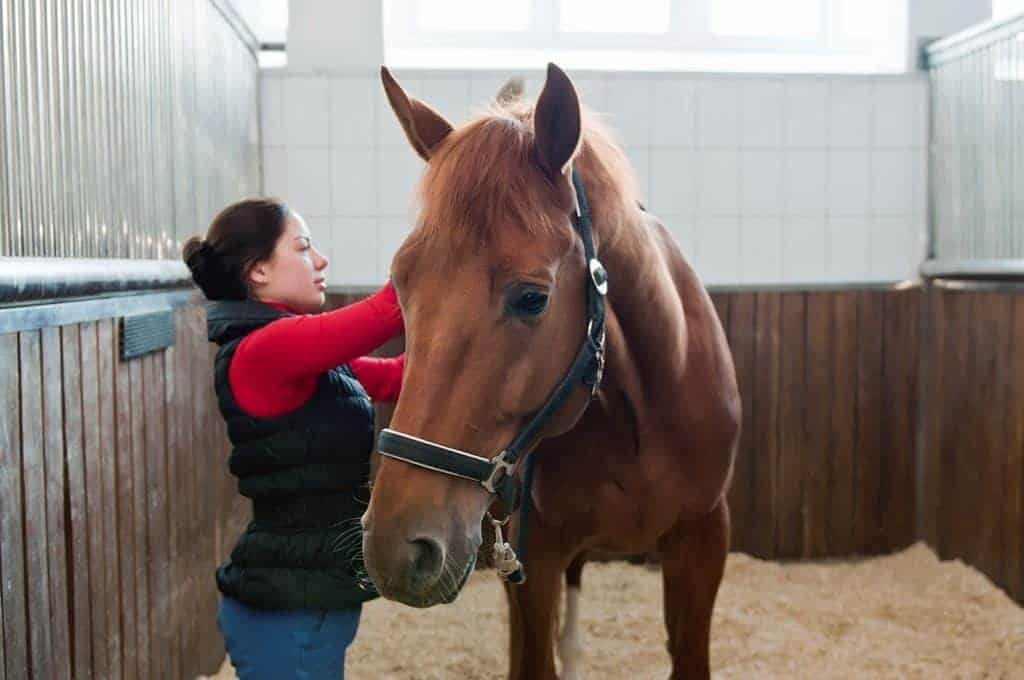
Researchers are still lacking reliable tools to understand what good equine welfare looks like from the horse’s point of view, but they’re making progress.

A reader wants to know about possible reasons behind a 14-year-old stallion’s seemingly unprovoked aggressive behavior.
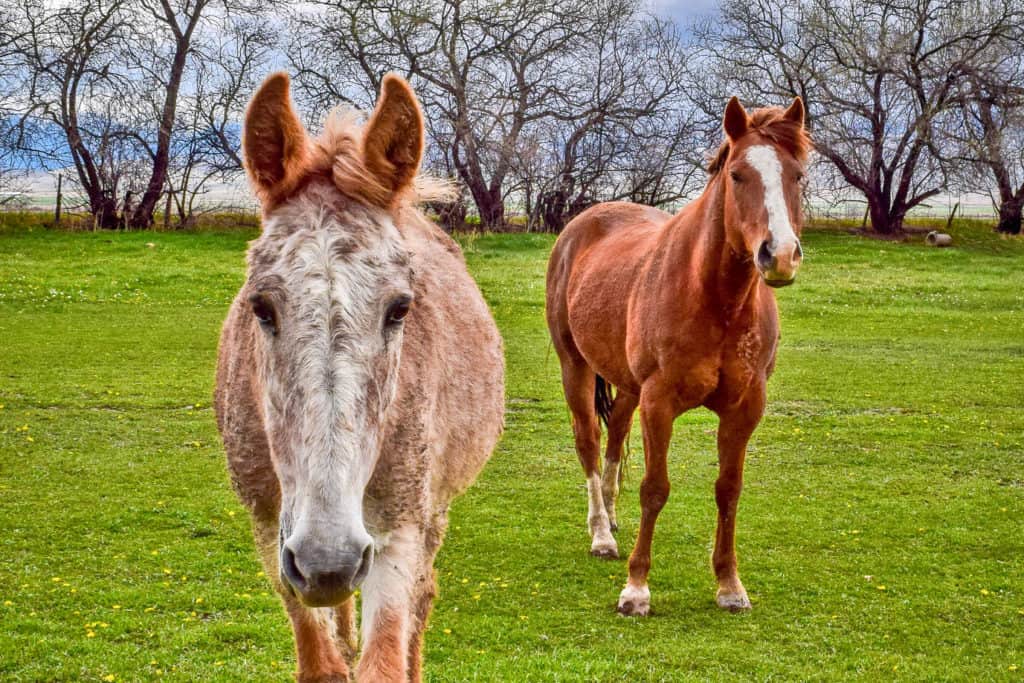
Mules are extremely quick learners. Here are a few things to remember when working with them.

Learn more about equine sleep patterns and six different types of sleep deprivation in horses.

Dr. Michelle Linton offers suggestions on how to identify when your mare is ready to foal.

Applying learning theory principles in equine veterinary practice can improve safety and horse welfare, as well as client satisfaction. Here’s what to know.
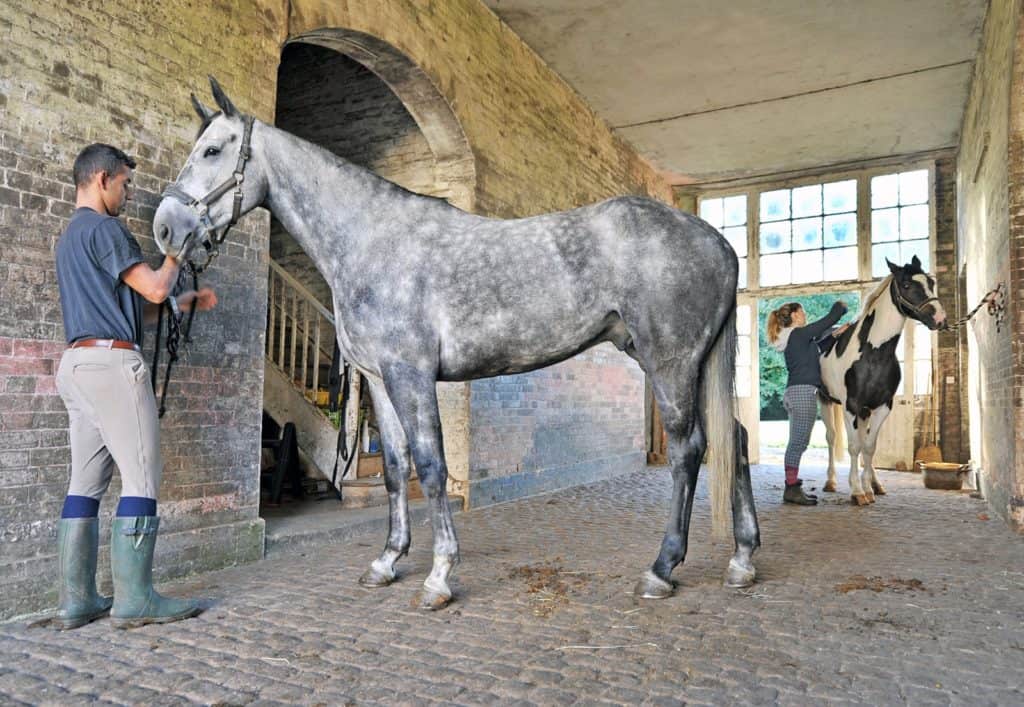
Researchers recently determined that horses appear more bothered by social isolation than mild pain.

Dr. Camie Heleski offers insight on how horse and human brains differ.
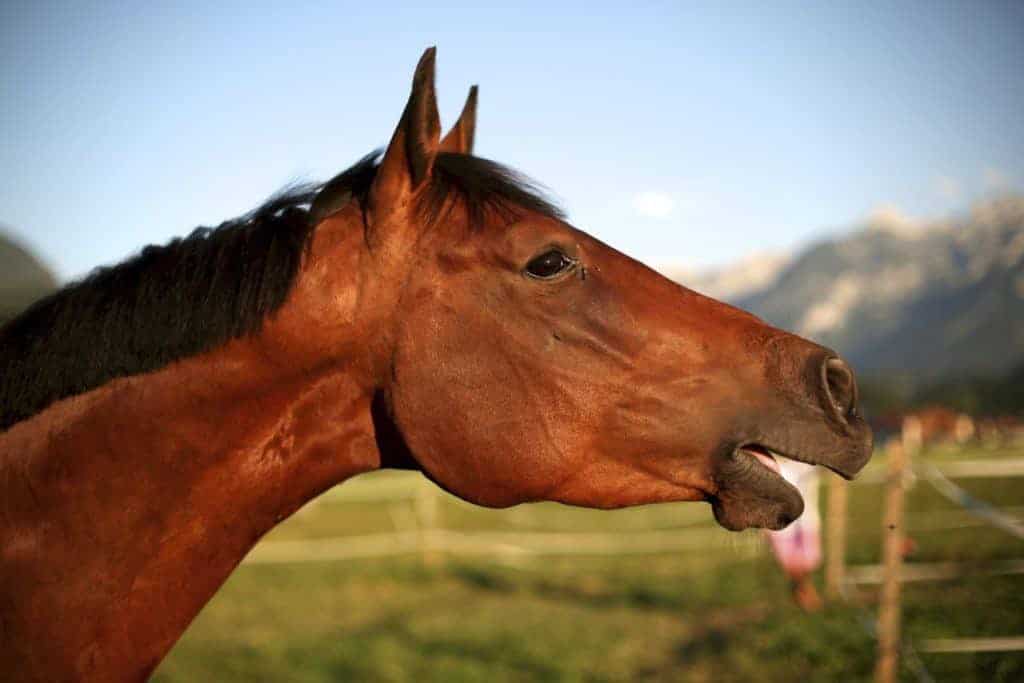
The University of Kentucky’s Dr. Camie Heleski offers advice for handling buddy-sour horses.
Stay on top of the most recent Horse Health news with
"*" indicates required fields